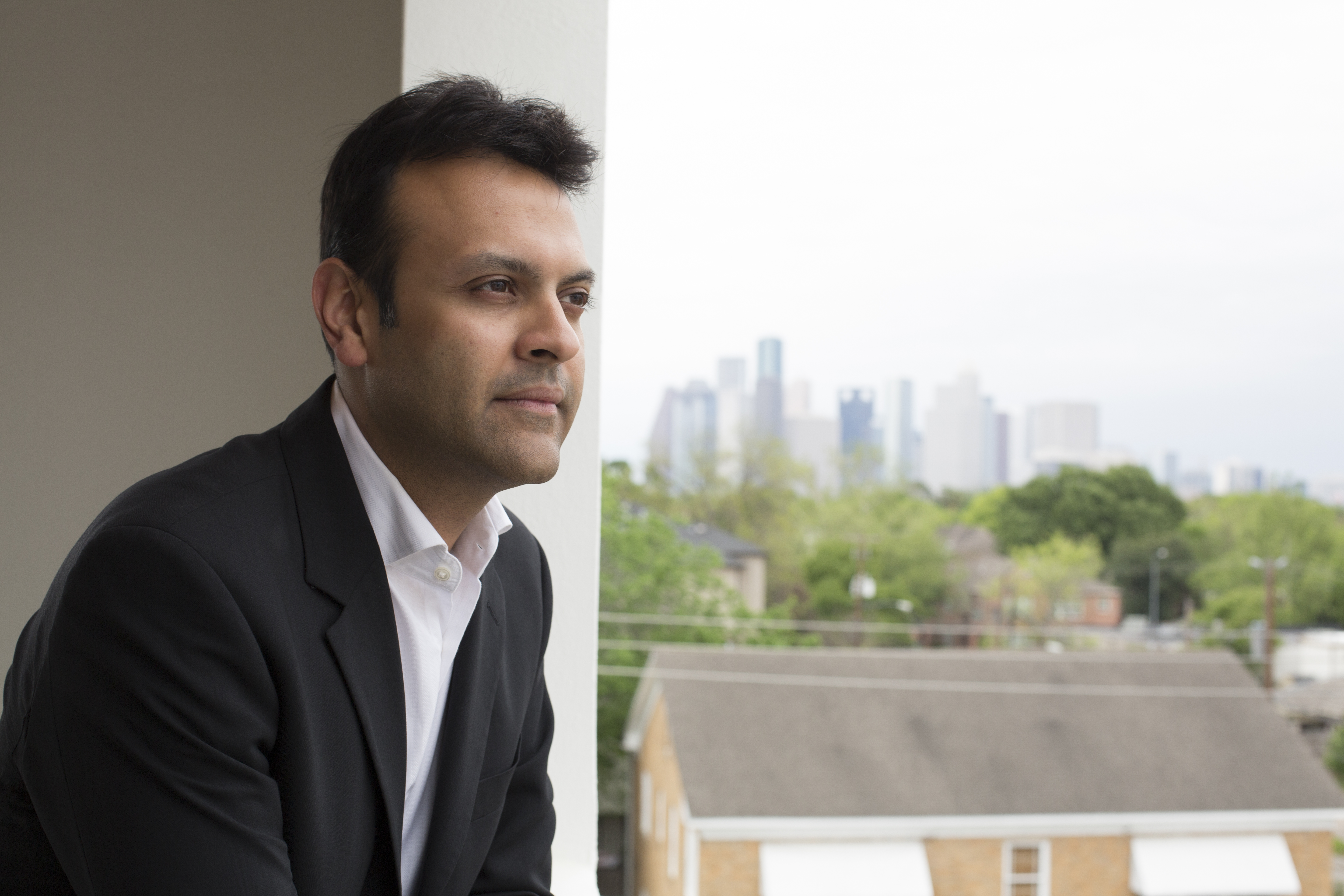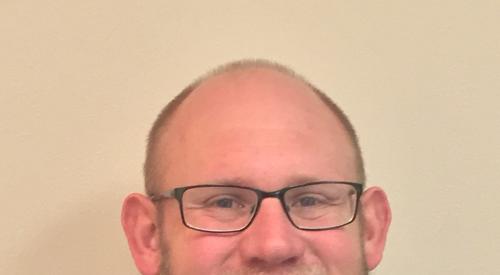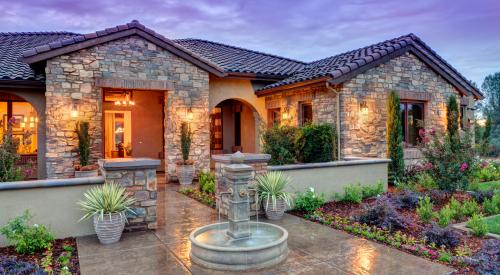Arpan Gupta has the title M.D. on his business card. The former resident in internal medicine went from high school valedictorian to one of 10 freshman selected for the Rice/Baylor Medical Scholars program, which guarantees admission to Baylor’s College of Medicine after earning a bachelor’s degree. “That’s what smart kids who get good grades are supposed to do,” he says. But Gupta left med school in 2009 to start his own luxury home building company, initially acting as his own sales agent, superintendent, and more. Today his company has 18 employees.
Q: Why leave medicine?
A: There is commonality between medicine and construction. People think they’re completely different but a lot of the characteristics are the same. I like negotiating, and I love creating something. In medicine, you were not able to do those things. I loved the patient interaction, but I wasn’t passionate about it. I would be there at six in the morning and watching the clock waiting for the day to end. Where in construction—and there are days that are longer than residency hours sometimes—I was getting excited about things that other people don’t think is exciting. I get to negotiate and talk to people forty, fifty times a day sometimes. Then when you see the product, you can always leave your mark on the city. In medicine I wasn’t really getting that so much.
Q: Which do you like more, negotiating a deal or building a house?
A: When I got into the business, it was the number crunching and negotiation. But when I drove by to show someone my second house—there were two houses side by side in St. George Place— I saw the family from my first closing. It was Saturday morning; the father was on the balcony. They had just had a baby two weeks after closing. The baby was in his arms, and the young daughter and mom were playing in the front yard. I’ll never forget that. You only see patients when they are at their worst situations in life. It’s great to see them turn around. But something about that image gave me an overwhelming sense of pride. Negotiating and financing will come and go. They’re cyclical. But no one can take away that image or the marks you leave on the community, on people’s lives.
Q: How did you build your team?
A: It’s been very difficult to find people because just like in medicine, some of the things you bring to building are having to be really meticulous, really picky. You bring those traits to construction and it makes you an excellent builder. You may not build as quickly as anybody else but the quality is there. I’m the same way with employees. I was finding it hard to let go and trust somebody with an important investment. With Carnegie Homes, my name is involved with the company and every home is personal to me. It was very difficult to choose people and for the first couple years, it was just me and one other employee. Then most of the people I hired are people I had interactions with, not through an interview or posting a job. It was more like how about you come and join us.
Q: What skill sets are you transferring from medicine to building?
A: Almost from the very beginning to the very end of a medical interaction, it’s the same thing as the quality you put into a home. For instance, when you first talk to a patient, you interview them; you take their physical history. You do that when you first start the process with land. I still handle all the acquisitions, the design, the architects, finishes, price points. I take a history of the land, I assess the area, what has been around here before, how can we create product that is historically congruent and pays homage to where the area is headed. We have a development of 15 homes in Westmoreland, and there’s a 100-year-old oak tree that we’re saving. The community is 100 years old and every single home pays homage to that history, sort of like what you do with a patient. PB













